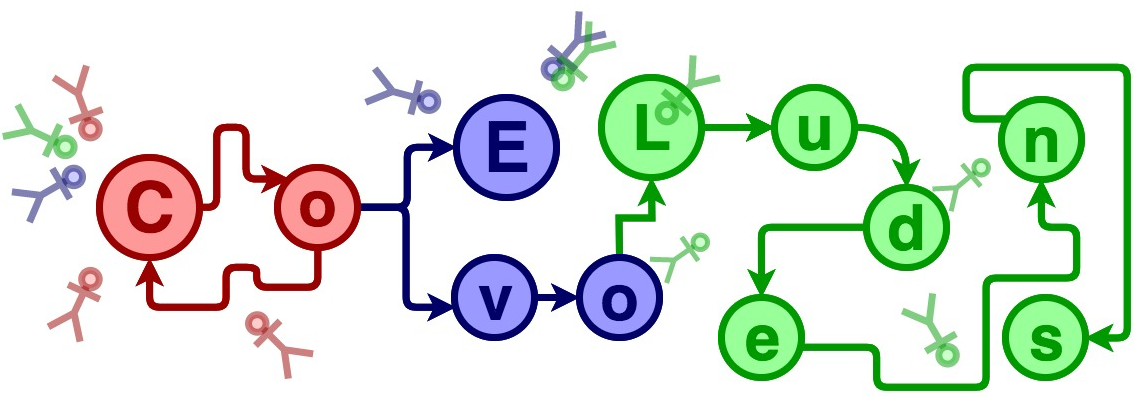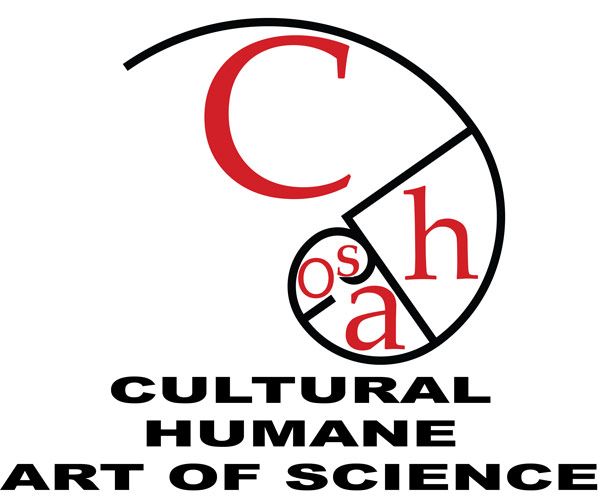CoEvoLudens (shortly CEV) is created with the main intention of facilitating face-to-virtual events, or rather EvoLuations, addressing evaluative evolution of a communities. It is a framework (or a meta-methodology) for designing and implementing face-to-virtual methodologies. ColaboArthon and DialoGame methodologies are instances of CEV. City Game educative methodology is augmented with CEV.
CoEvoLudens (shortly CEV) is a game-changing framework/toolset for collective development - reprogramming socio-behavioral patterns of communities (or as we prefer to model and call it - a multi sapiens of a collective mind).
CoEvoLudens is a generic methodology, a mechanism HOW to efficiently reprogram society, rather than a specific and exact procedure WHAT to do. It also provides a socio-technical framework helping both in designing and structuring a concrete CoEvoLudens instance, and in collecting and reflecting results collected during the process.

Technology: It relies on ColaboFramework and its Mindstuffs; KnAllEdge, ColaboFlow, RIMA, ColaboWare, Colabo.ReM and ColaboGrammar.
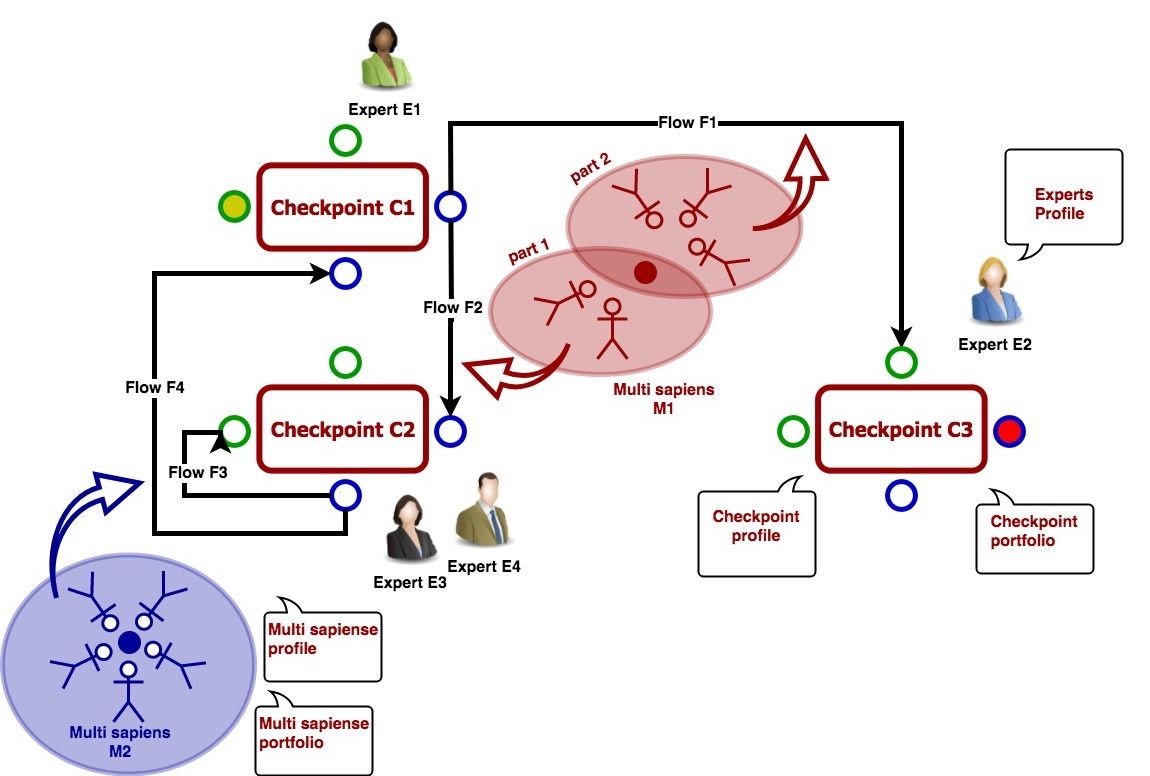
Each CoEvoLudens instance consists of a set of transformative points (with an expert stationed at each point) and a set of possible flows between them. CoEvoLudens utilizes ColaboFlow for describing, evaluating and suggesting the most optimal reprogramming flow. It is a flexible concept that has already been practiced as an infrastructure for different solutions, like CoLaboArthon, Social Entrepreneurship Workshop, and integrated in City Game, DialoGame, etc.
EduFlow in practice:
- (undeveloped) teams with a specific task to work on/solve come to the CEV entry point
- main coach and system guide them through coach-points
- through this process they
- work on their problem from different perspectives
- understand their collective shortcomings and improve them (creativity and innovation capabilities)
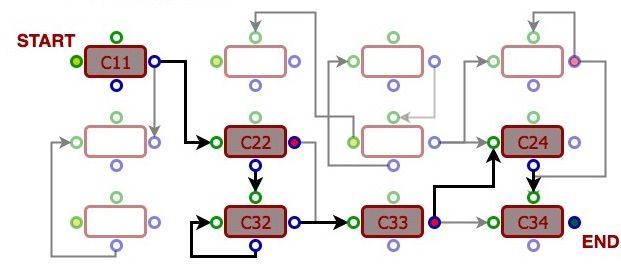
Participants
Participants are individuals or groups participating in CoEvoLudens practice.
In most cases, we prefer participants to be teams or community members because our main focus is in observing and improving collective team capabilities.
Later in this section, we will use the concept of multi sapiens as a metaphor of a coevolving community that shares more and more common aspects and grows more interdependent over time. Multi sapiens is a metaphor (of potential destiny) of coevolution of humanity and is augmented with socio-technical mechanisms.
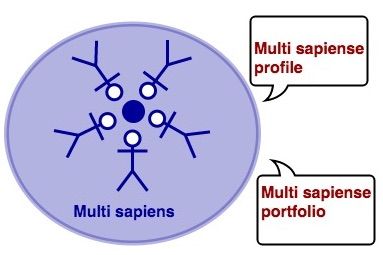
However, very often individuals are preferred
- if the particular CEV type aims to improve and observe different individuals as part of a community (for example, classical educational forms; students in class), or
- CEV type "oscillates" between individualism and collectivism, or
- CEV type supports splitting multi sapiens into parts that choose their own respective educational paths
Reasons for and benefits of CoEvoLudens
- Structure of offline practices
- Prerequisites, input/output of each instrument
- documented division of competencies
- IT experts can provide their augmentation that is usable by the whole community of educators in each format
- standardized (intrinsic) motivation gamification
- uniformity and confidence from participant perspective
- participant comfort of evaluating and choosing the best path
- programmable and solid integration between online and offline component
- mechanism for describing observable aspects both for participant and providers
ColaboFlow integration
ColaboFlow is a methodology and framework for describing and observing community members' sequence (flow) of activities. In the context of the CoEvoLudens, it helps in understanding evolutionary paths and identifying the most optimal ones. Flows can represent possible and potentially possible flows, or taken paths/flows
IMPORTANT DON'T MOVE THIS - IT'S FOR A DATE